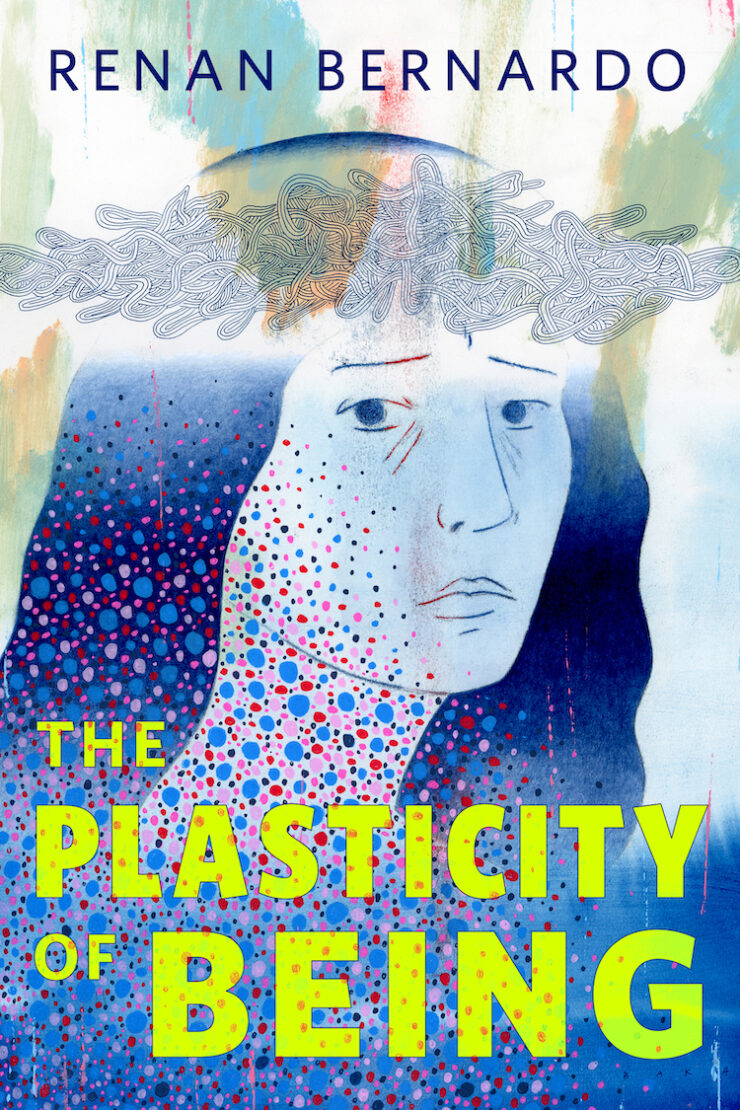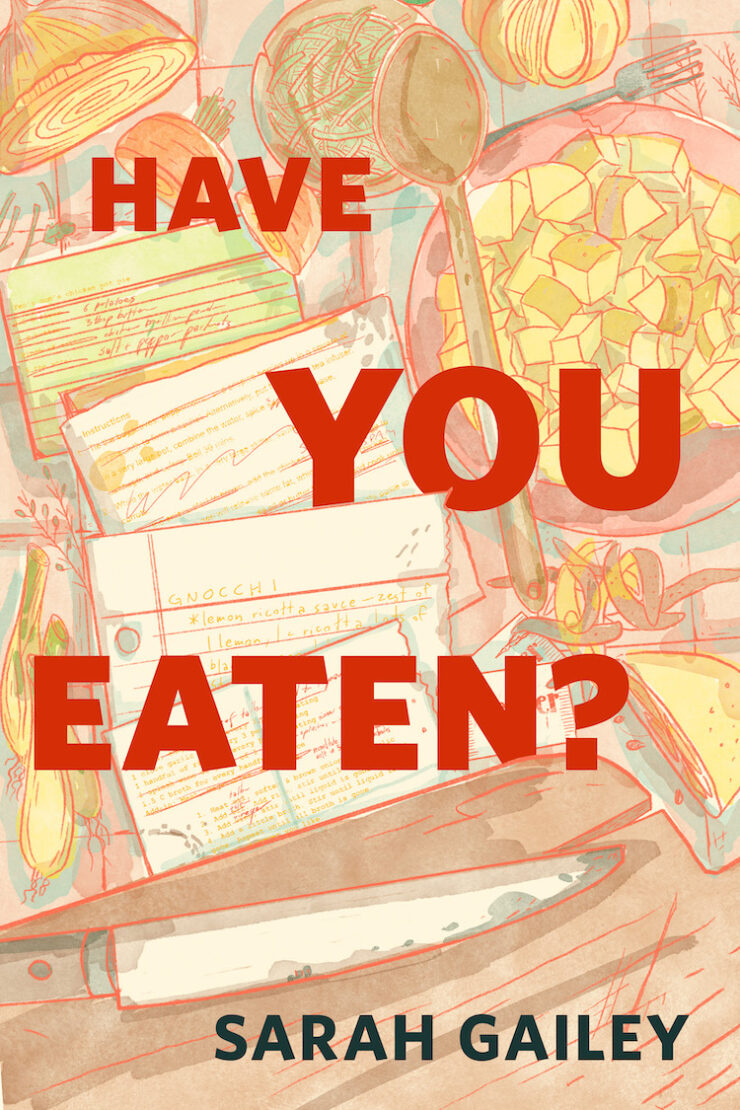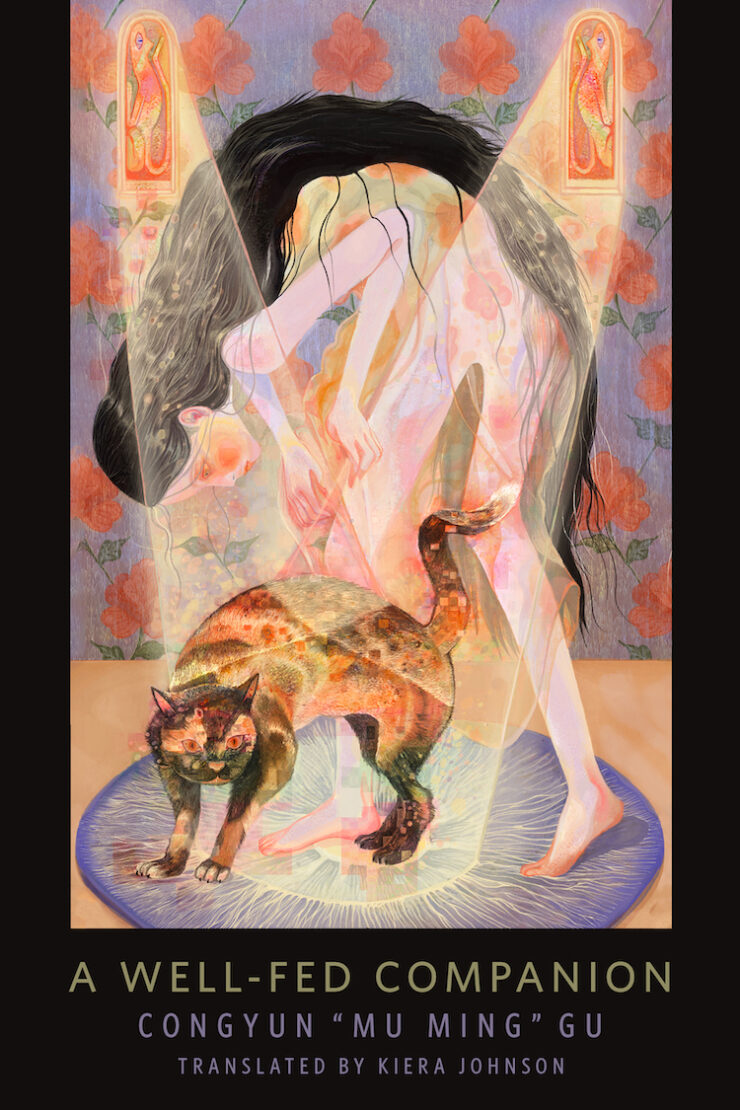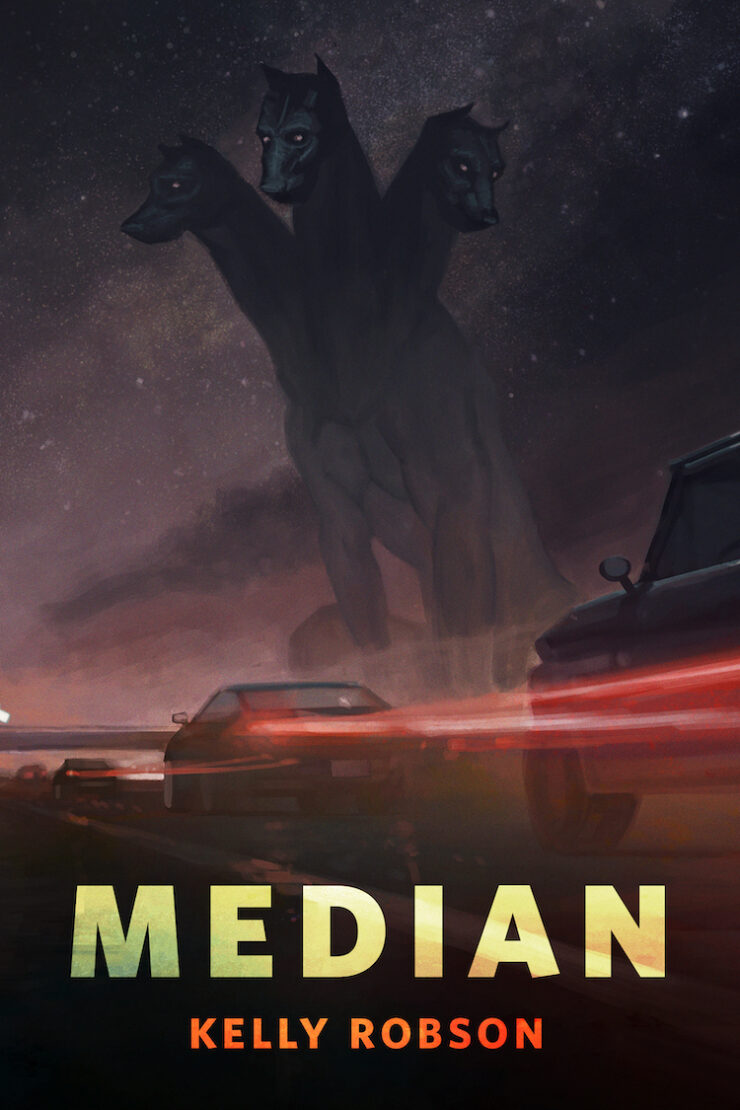I absolutely loved the novel Infinite Jest by David Foster Wallace when I read it back in the day. I devoured it, forcing myself to read all of those bloody footnotes to pick up every weird bread crumb, and reveling in how silly and yet cohesive the whole thing felt. It was one of the books that fueled my determination to try and write fiction myself, along with Iain M. Banks’ Culture novels, Katherine Dunn’s Geek Love, and Nalo Hopkinson’s Brown Girl in the Ring.
But I often think that if you stripped the cover off of a copy of Infinite Jest and slapped on a less-artsy cover that claimed this book was the work of a middle-aged lady in Nebraska, nobody would have liked it. They wouldn’t even have given it a chance. Book nerds would have taken one look at the time-jumping structure, the rampant non-sequiturs, the plethora of strange conceits, the unconventional narration—and said that this lady needed to learn how to write.
This is something I think about all the time when I’m writing my own stuff. My books come out from a science fiction publisher and I didn’t get an MFA or fellowship from a fancy school, so I assume that I need to “hook” the reader on page one, and reassure them in various small ways that I know what I’m doing here, and I’m not going to waste their time (too much). I can get experimental and confounding, sure enough, but page one—and probably also page ten—need to be engaging and exude a kind of quiet competence.
I swear I’m not writing this to whine about literary snobbery, which has benefited me at various points in my career and failed to benefit me at others.
I’m actually super interested in the ways that our preconceptions shape our reading experience, and the permission this gives some artists to create works that ask more of their readers. Speaking for myself, I know that when I pick up a book that is packaged as “literary,” I might read a bit more slowly and carefully because of the assumption that every word has been chosen with care by a Craftsperson. And I might also give the book slightly more of a chance to win me over, instead of expecting it to suck me in by page three. I’m also pretty convinced that certain kinds of stylistic and narrative experiments are a bit more feasible if you’re either a recognized literary writer, or an underground experimental writer being published by a small press.
This is part of what I was getting at in my writing advice book Never Say You Can’t Survive, when I said that you always have an ideal reader in your head—that ideal reader may in fact be a different person, depending on the genre and other designations of the book you are writing. Very few books, in fact, are written for “everybody.”
And here’s a good place to reiterate what I’ve said many times before: What we call “literary fiction” is actually several different types of writing that we lump together, encompassing breezy beach reads as well as dense, challenging books that deliberately avoid giving you any personal information about their protagonist(s). Being categorized as “literary” doesn’t require authors to push the limits of the novel, it merely grants them a certain amount of permission to do so, in my experience. Literary publishers include Knopf and FSG, but also tiny university presses that reach a few hundred people.
Also, before anyone else says it, the walls between genre and literary books are getting wobblier all the time—recent books like The Archive Undying and The Saint of Bright Doors are as experimental and full of literary signifiers as anything coming out of Tin House or Graywolf, and I’ve seen no shortage of straight-up, well done science fiction and fantasy come out from “literary” imprints.
And yet, my subjective sense is that the prestige gap remains: If Infinite Jest came out today, it would still be given more careful mainstream attention when packaged as a high-brow literary book than in most other circumstances.
You see the prestige gap most strongly in television, where shows that at least dabble in messing with narrative and feature less straightforward characters are actually called “Prestige TV.” (See the career of Jonathan Nolan: Person of Interest is brilliantly complex and has many eloquent things to say about surveillance and technology, but it received a tiny fraction of the attention that Westworld garnered because it was a case-of-the-week procedural and didn’t feature Anthony Hopkins, Thandiwe Newton, and Jeffrey Wright.)
Sometimes, a lucky creator gets catapulted from “obscure weirdo” to “beloved craftsperson” seemingly overnight. You see it in the case of so-called “Outsider” artists like Henry Darger, whose obscure work becomes celebrated in mainstream circles. Something of the sort happened for a while to Philip K. Dick, who gained a literary cachet in the 1990s that had eluded him during his lifetime.
For those of us who are operating outside of the innermost circle of literary prestige, making weird storytelling choices can sometimes involve a smidgen of social engineering. You have to trick people into paying attention and then bamboozle them with some bonkosity.
Case in point: my novel All the Birds in the Sky has a pretty weird structure and breaks a lot of what were considered ironclad genre-fiction rules at the time I wrote it. (It’s a bit YA and a bit adult, it has an occasionally omniscient narrator, there’s some strong sexual content, characters discuss the Categorical Imperative for a long time, etc.) Indeed, almost every literary agent who looked at All the Birds rejected it for various reasons. At the same time, I sweated endlessly over the first few pages of the book, making sure you were drawn into Patricia’s situation and empathized with her instantly. I actually love doing this, because it feels like a fun trick to lure the reader in and then start whacking them over the head once they’re fully inside the story. Ironically, the moment when I was convinced most readers would throw the book away in disgust—the shopping-mall scene where Patricia and Laurence sit under the escalator and speculate about people’s shoes, only to be correct about the assassin Theodolphus—turned out to be many people’s favorite moment in the book. So you really never can tell.
Similarly, N.K. Jemisin’s breakout hit The Fifth Season contains some really startling stylistic choices, including second-person narration and a brilliantly time-jumping POV structure. (Trying to avoid spoilers here, for the handful of people who haven’t yet read it.) But I swear I read an essay that Jemisin wrote back in 2015-ish in which she talked about trying to “hook” the reader right away with a big splashy event, the destruction of the city of Yumenes. (I can’t find that essay now, in part because Google ain’t Google anymore.) And on her blog, there’s an essay about “Tricking readers into acceptance” of her main character, Essun.
Of course, it’s not just literary prestige that plays a role in shaping the expectations you approach a book with. You inevitably bring everything you know (or think you know) about the author when you crack a book open. The same book might read very differently if you believe the author is a Fox News commentator, versus an anarchist labor organizer. And of course, we expect marginalized creators to serve up stories about their own marginalizations, in a way that sometimes can feel a little bit tokenizing or exploitative. Especially in this day and age, when authors are increasingly encouraged to market themselves as personalities online, as I wrote about recently, your perceptions of an author’s persona will inevitably bleed into how you receive their work. Oftentimes, this works out great—e.g., if an author cultivates a snarky funny persona online and also writes funny snarky books.
This brings me back to the thing I wrote a while ago about J.K. Rowling and the question of separating the author from their work. I think there may have been a time when authors were intensely private people and you came to their work untainted by any preconceptions about the human who produced it. (John Updike certainly moaned a lot when he felt like this was going away.) Those times are absolutely over, and they’re not coming back, and authors and their work will always be intertwined in ways that can be delightful or toxic.
I guess in part, I would like to separate the concept of “prestige” from the notion that a piece of art might require you to do a little bit more work as you consume it, but that work will pay off because you’ll be rewarded with a rich story. (And of course, the concept of “doing work” is complicated too—a hard science fiction novel with long, math-heavy discussions of orbital mechanics also requires “work” from the reader, but it’s not exactly the same kind of “work” as a very literary book that makes you comb through footnotes to figure out what the heck actually happened here.)
We associate the idea of reading something experimental or challenging with a certain level of education, or other things that easily become class signifiers. But anyone who’s paid any attention to the world will know that class and education level do not correspond that neatly to reading taste. And people contain multitudes! A single person can enjoy all kinds of books, and the books you read don’t define who you are. If anything, I would say that the notion that a highbrow book conveys some sort of aura of privilege or prestige to its reader is bad for anyone who writes the kinds of books that could feasibly be labeled as “highbrow.” There is a great, distinct pleasure in reading an expectation-defying book like Infinite Jest (or The Saint of Bright Doors, or or or…), and that pleasure exists independent of any pride that you might feel in being seen as a fancy bitch because you read a fancy book. To reduce the value of a book to status marker is to downplay or deny that pleasure, because it implies that reading is not its own reward.
I apologize for the rambly nature of the above thoughts—this stuff is hard to talk about, and murky as hell, and I feel like I am raising questions way more than offering answers here. Hi ho. Please share your own thoughts in the comments…
This article was originally published at Happy Dancing, Charlie Jane Anders’ newsletter, available on Buttondown.










